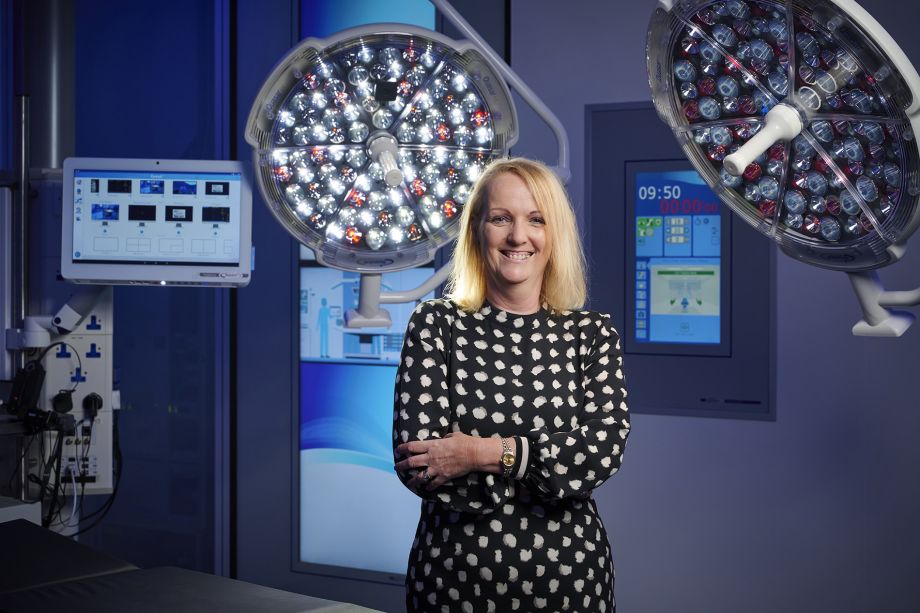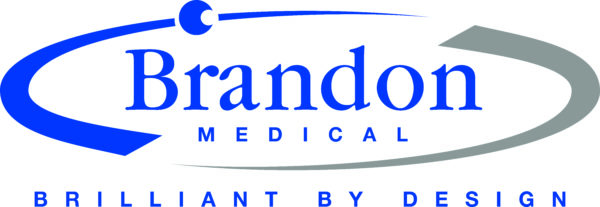
Operations Lead – Brandon Medical
What does that involve, look like on a day-to-day basis?
Every new beginning is challenging and full of promise at the same time. Every day is different, fast-paced and being new to the company (at the time of writing, March 2022) it means that this is a time for discovery. To start with, I am looking at operational efficiencies to build capacity to meet the demands of our successful sales team. Building capacity here at Brandon Medical involves looking at out stock levels and finding innovative solutions to rise above the current demands on a turbulent supply chain, defining and deciding collaboratively an improved workflow and machine positioning in our machine shop to provide efficient smart cell manufacturing and working with our software team to develop automated processes for our final assembly operations. From software design, to solving practical engineering problems, to getting to know the friendly team at Brandon Medical, I am enjoying every day as well as the range of exciting opportunities ahead.
How did you get started working in STEM?
It’s hard to say, exactly, when I started in STEM as my path into engineering is not a typical one. After starting my career in marketing, I was approached by a friend about an opportunity with a forward-thinking monitor manufacturer, I was in my early 20’s so I grasped the chance to move into something new and exciting.
My first job in a manufacturing environment, was to support sales and liaise between the sales and manufacturing functions. Without realising it, I started to migrate towards manufacturing as a key function of sales is on time delivery of a quality product. Next, I joined a start-up company that manufactured a range of communication devices. This role was more operational as I was responsible for setting up the administration functions to support the sales team. As an organic development of my career path, I found myself advising SME engineering businesses in the City of Sheffield on how to access funding to make them more competitive. As I became more involved in helping SME businesses, I realised that I had both the knowledge and experience to undertake a senior role in operations within a manufacturer.
What qualifications did you take or gain along the way?
Those who know me well would say, I am a very hard worker and I learn quickly, building up on a natural inclination of being able to see pragmatic solutions. This is something that makes me very proud and goes to show that if you have a passion for engineering and you define yourself as a “maker”, then through hard work, nothing can stop you from attaining success and career you enjoy. I see the pressures on young people to achieve academically but, if you have the right attitude, the ability to work hard and a love of practical work, your skills level should not be a barrier to succeed.
Why do you love working in STEM?
The people, the variety of the work and the products/services you are helping to create making differences to people’s lives.
From a job perspective, I love the variety and the need to work to deadlines ensuring you deliver an exceptional service/product, on time and on budget at the quality demanded by customers. And I get a real buzz when I help to solve practical engineering problems within the production process.
What challenges have you faced in your career? And how have you overcome them?
Being a woman in engineering has been a challenge. I have had to work much harder than others and be persistent to have a voice; thankfully, the stereotypical view of women in an engineering workplace is changing (but wasn’t always that way).
It does mean I have had to work harder to gain the respect of colleagues and peers, but I have always seen this as an opportunity to do better for myself as well. I am very inquisitive about how things work and function within organisations. What I have always focused on is my strengths in understanding complex processes and how that fits well with a career in engineering operations.
What advice would you offer for someone joining the STEM sectors?
Academically, maths is a must (and my husband would argue that Physics is as well!) but, as important, are practical and problem-solving skills. Although there is a need for university qualified Engineers to move the boundaries of what can be achieved in engineering, I would strongly advise young people to consider the apprentice route as well. Some learn better from on-the-job training and can excel just as much as those attending Universities. It’s about your attitude and willingness to learn.
What do we need to do as an industry to attract and keep more women in STEM?
Role models: we need to show young women that a career in STEM is exciting, flexible, and rewarding. As a society, we know women are underrepresented and all employers are starting to understand that a better gender balance is better for their businesses in terms of achievement and cohesion.
We need to dispel the myth that engineering is dirty. I wear business suits and dresses to work. There are no oil rags or greasy work surfaces (I like a tidy, clean workplace. Is that a woman’s influence on the work place? Probably).
We all should take the opportunity to encourage our employers to get us to engage with girls in schools, showing them what is out there and what they could achieve.
